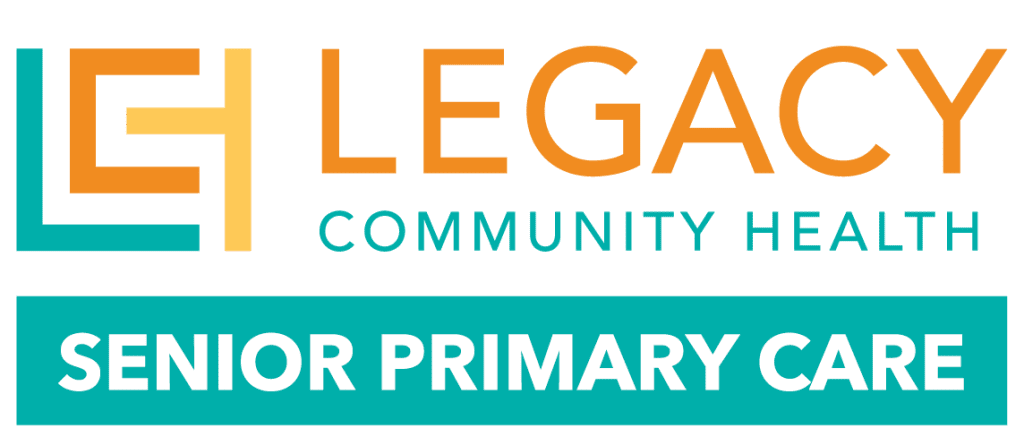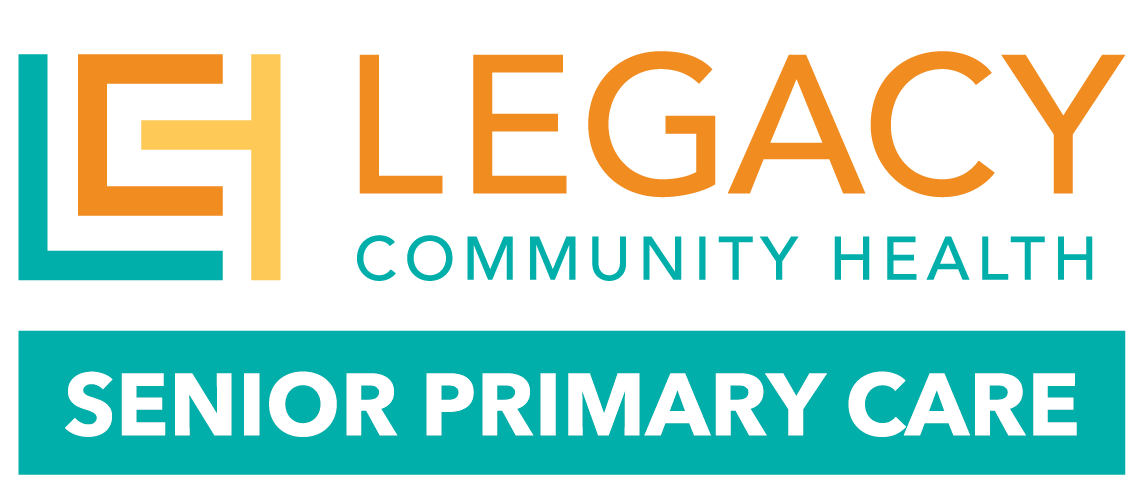Alzheimer’s disease is a neurodegenerative condition that affects 1 in 6 people over the age of 65 and accounts for 60-80% of all dementia cases. It is a progressive disease that affects the brain and causes memory loss and cognitive decline. The diagnosis of Alzheimer’s often feels overwhelming for patients and their family members, but it’s important to remember that there are ways to manage and even slow its progression. While it’s true that Alzheimer’s can shorten life expectancy, proper care and attention to health allows many individuals to live long and fulfilling lives.
Preventive Care for Alzheimer’s
While some promising research is being conducted on an Alzheimer’s vaccine, currently the best prevention available is preventive health care and a healthy lifestyle.
For example, since cardiovascular disease has been linked to Alzheimer’s disease and vascular dementia, it is important to reduce your risk of developing these conditions through:
- Stopping smoking
- Reducing alcohol intake
- Eating a healthy and a balanced diet
- Exercising at least 150 minutes (about 2 and a half hours) every week
- Being aware of your blood pressure
Untreated depression, loneliness or social isolation have also been connected to developing Alzheimer’s. It’s important to:
- Be intellectually and socially active. Attend events you’re interested in, meet up with friends for a walk or a coffee, and seek new learning opportunities. Not sure where to start? Local community centers often offer programs for seniors. Also remember to check our Events page often for free activities Legacy Senior Primary Care provides for patients and the community.
- Talk to your doctor about your mental health. A behavioral therapist and/or psychiatrist may play an active role in your health care and help you get back on track to feeling like yourself again.
Symptoms of Alzheimer’s
If you are concerned that you or a loved one may have Alzheimer’s, it’s important to make an appointment with a medical professional. The most common symptoms include:
- Memory loss that disrupts daily life
- Mood and behavior changes
- Deepening confusion about events, time and place
- Unfounded suspicions about family, friends, and professional caregivers
- Difficulty speaking, swallowing, and walking
- Disorientation
Treatment Options
While there is not yet a cure for Alzheimer’s disease, several FDA-approved medications are available to help manage and/or treat the condition. Talk with your health care provider about the options that may work best for you. Some medications include:
- Brexpiprazole
- Donepezil
- Galantamine
- Lecanemab
- Memantine
- Mamantine combined with Donepezil
- Rivastigmine
Alongside these drug treatments, therapies account for a large amount of improvement in the management of Alzheimer’s. These therapies aim to enhance cognitive abilities, prevent changes in behavior, continue emotional expression, and maintain physical function. The options include:
- Cognitive rehabilitation – involves structured activities and exercises made to enhance memory, attention, and cognitive skills. This treatment usually specifies itself to an individual’s needs and abilities.
- Reminiscence therapy – an approach where a patient recalls past experiences and shares memories, usually in discussions, photographs, or music. Its purpose is to stimulate the brain and evoke positive emotions to create identity and connection.
- Music therapy – through stimulation of the neural pathways in the brain, memories can be brought back; music also helps with mood and personality changes.
- Art therapy – provides a creative outlet for patients to express themselves and how they feel. Like music therapy, art stimulates cognitive function which promotes emotional well-being and gives a sense of accomplishment and connection.
- Physical therapy – helps patients focus on maintaining mobility, balance, and physical strength to prevent falls and promote independence in daily life.
- Support groups – gathering with others facing similar challenges is invaluable for emotional support, understanding, and advice. Sharing experiences with others helps foster a sense of belonging and can build confidence and more resilience within patients.
For additional information and resources, visit www.alz.org/alzheimers-dementia
It’s easy to become a patient
We know selecting or changing your clinician is an important decision. That’s why our caring team members are available to answer all your questions and help you every step of the way, and that includes helping you transition your medical records if they’re with another doctor. It’s that easy!


